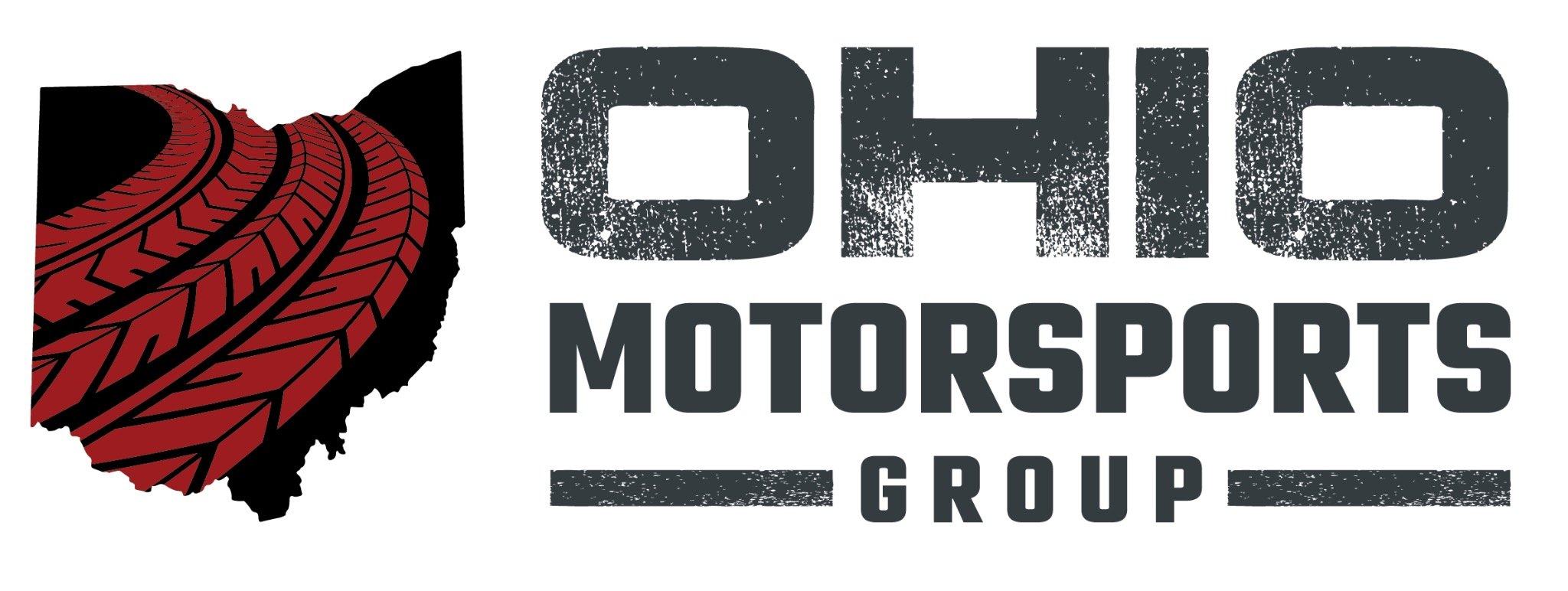First off, unless you are going to a small shop, like Scott's, you are going to be charged a flat rate to do a job. They look in a book, see how many tenths of an hour it is rated to take, and charge you according to the shop hourly rate. Say their rate is $100/hour, and you bring your car in for an oild change and fluid check that is rated for 15 minutes. The dealership would then charge you $25, regardless of whether you got a good tech than can do it in 10 minutes, or a shitty one that takes 30 minutes. The one that did the job in 10 minutes still gets paid for 15 minutes of work, and can then move on to the next thing. The faster he works, the more money he makes. You (the customer) gets charged the same regardless of how fast the tech is.
So, let's do some math. You said it took 45 minutes and the labor was $75. If the tech spent exactly the amount of time that the book calls for, then the shop rate would be $100/hour, which for a dealership is possible, but sounds to me to be a bit high. I would venture to say it's around $80-$90, in which case you had a fast tech.
If someone on here that works for cars for a living would be kind enough to post the rate time for this work, I think it would prove that you did not get ripped off whatsoever, that in fact they were very fair, you are just (understandably) upset about having to pay that kind of money for something as simple as belts, which you know that you could do yourself easily, you just didn't have the means to do so and needed the vehicle back on the road quickly.
Dealerships really do have a difficult time making revenue. In order to make sales, they have to advertise, pay salesmen, operate a storefront and pay all the bills involved (electricity, gas, multiple phone lines, water, etc). They don't make a whole lot of money off of new car sales due to competition. Used cars fare better because it's easier to screw with the pricing, but then they have to worry about warrenty work, which eats away from profit. An easy way for them to make money is by selling third party warrenties. On the service side, they have all of the same stuff other shops have to deal with, but tend to pay their employees slightly better, but the higher shop rates help out to stabilize the income of a dealership. They also have high expenses in purchasing cars to put on the lot. It's not as simple as you make it out to be, otherwise everyone you know would have a dealership and be rich.


